brand
H1 2020: Fidelity Bank Posts Impressive Half Year Results.
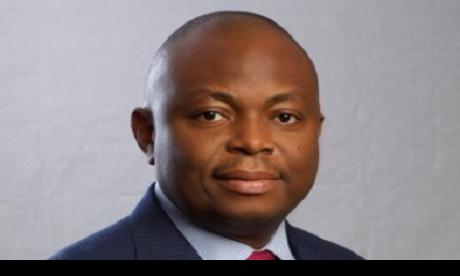
- Profits up by 22% as Gross Earnings hit
N105.8bn.
Despite the economic challenges occasioned by the COVID-19 pandemic, Fidelity Bank has sustained the financial performance trajectory of recent years, with another set of impressive financial results. Details of the Audited Half Year results ending June 30, 2020 for the top Nigerian lender, released on the Nigerian Stock Exchange (NSE) on Thursday September 3, 2020, show strong growth in profits and other indices.
The bank recorded a surge in Profit Before Tax of N12.0bn from N9.8bn in 2019, which translated to a 22% growth. Net profits for Fidelity Bank grew by 33% from N8.5bn to N11.3bn in the reporting period. In other indices Total Assets rose by 13.7% from N2.1trillion in 2019 to N2.4trillion this year whilst Total Deposits rose by 14.8% from N1.2trillion to N1.4trillion during the same period.
Commenting on the results, Fidelity Bank CEO, Nnamdi Okonkwo said the performance for the period, reflects the resilience of the bank’s business model. “Due to the global and domestic headwinds witnessed in H1 2020, we proactively increased our cost of risk as the impact of the pandemic slowed down economic activities whilst adapting our business model to the new risks and opportunities of the new normal” he stated.
According to him, Fidelity Bank, re-stated its H1 2019 figures from N15.1bn to N9.8bn to reflect the impact of IFRIC 21- Levies, which was adopted for the first time on the H1 2020 financials. “The key impact of IFRIC 21 was that our 2020FY AMCON Cost was recognized 100% in our H1 2020 Accounts rather than been amortized over 12 months as was done previously on our financials” said the Fidelity CEO”. He further revealed that, without implementing IFRIC 21, profit for the period would have been N17.9bn compared to the N15.1bn reported in H1 2019.
Fidelity Bank has been implementing a digital-led retail strategy and digital banking gained further traction during the period with 87.3% of the bank’s customers now transacting on digital platforms. The figures are up from 82.0% in 2019FY while 51.2% of the bank’s customers are now enrolled on the bank’s mobile/internet banking products.
“Though digital banking income dropped by 29.1% due to the downward fee revisions for electronic transactions in line with the new bankers’ tariff, we have continued to receive positive reviews on our digital channels. IVY, the bank’s chat box is rated as the clear leader, among virtual assistants in the industry, just as our flagship instant banking product (*770#) was also rated in the top tier category in the recently released 2020 KPMG Digital Channels Scorecard” he explained.
Retail Banking in Fidelity Bank has continued to also deliver impressive results. Savings Deposits in H1 2020 increased by 32.2% to N363.9bn with the bank on course to achieving the 7th consecutive year of double-digit growth in savings. Savings Deposits accounted for 49.1% of the total growth in customer deposits and now represents 25.9% of total deposits compared to 22.5% in 2019FY.
In reflection of the bank’s early conservative assessment of the sectors that were affected by the COVID-19 pandemic, the bank’s Non-Performing Loans (NPL) ratio increased to 4.8% from 3.3% in 2019FY. Regulatory Ratios however remained above the required thresholds with Capital Adequacy Ratio increasing to 18.8% from 18.3% due to the capitalization of H1 2020 Audited Profits while Liquidity Ratio stood at 32.1%.
Buoyed by the H1 performance, the bank is optimistic about the remaining part of the year. “We believe the new phase of normalcy will unveil some growth opportunities. We will continue to monitor and pro-actively manage any evolving risks as the Nigerian economy gradually reopens and economic activities pick-up in key sectors” Okonkwo stated.
|
||||||||||||||||||||||||||||||||
|
|
||||||||||||||||||||||||||||||||
brand
ZENITH BANK’S GROSS EARNINGS SURGE 16% TO N3.4TN, AS PBT HITS N917.4BN IN Q3 2025
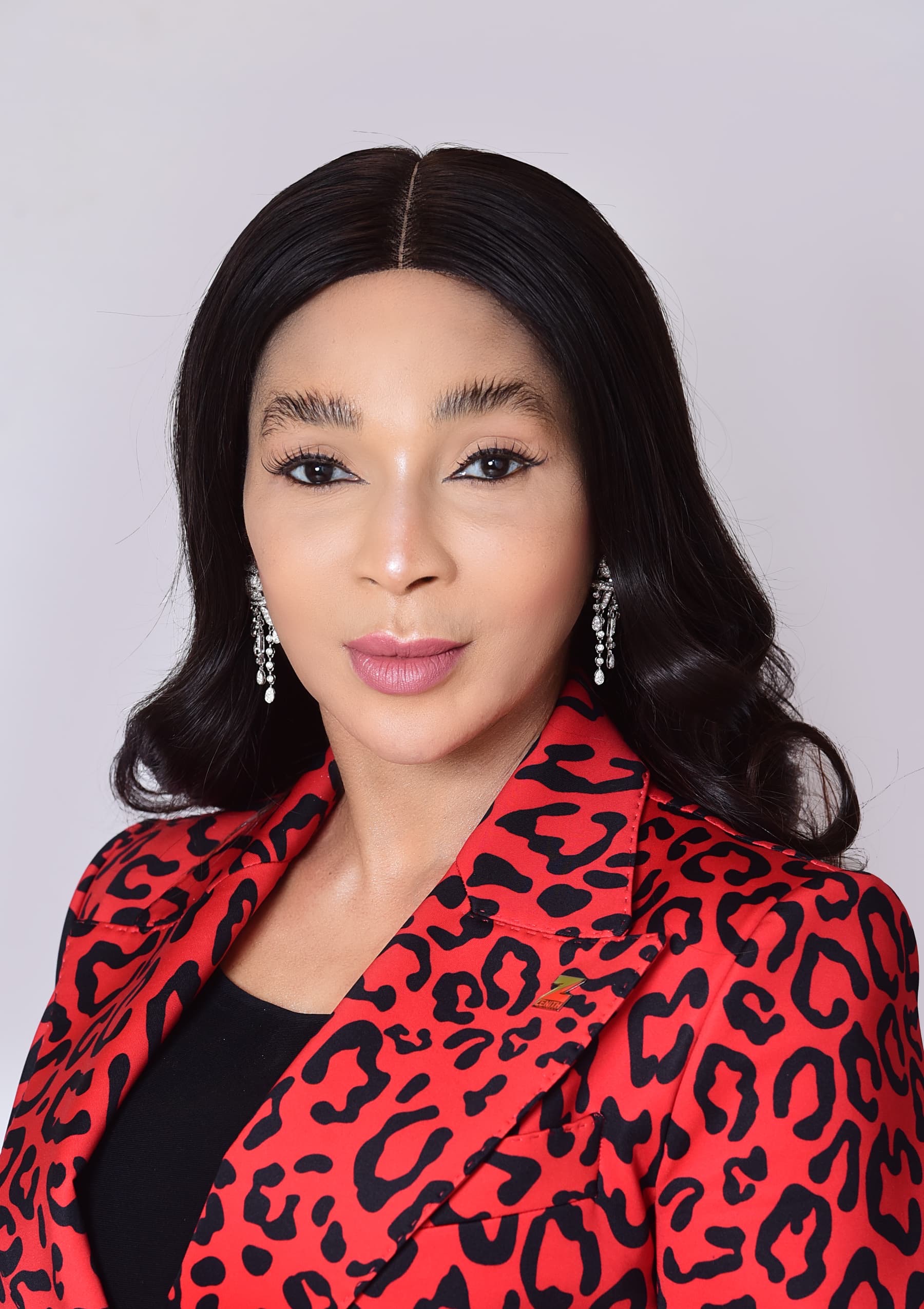
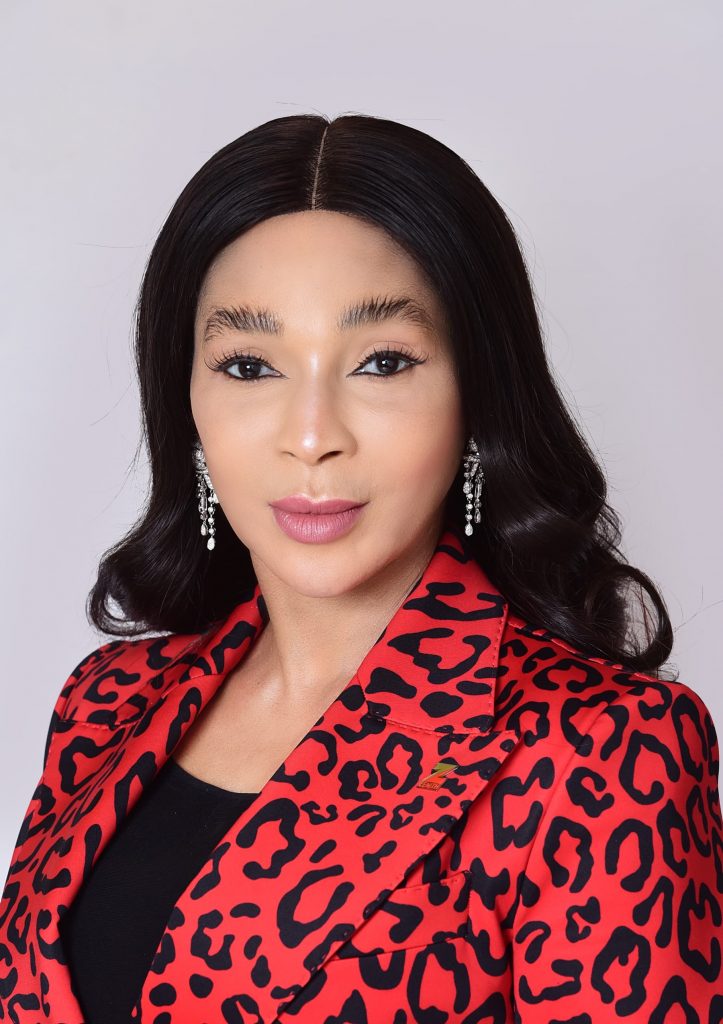
Zenith Bank Plc has released its unaudited financial results for the nine months ended 30 September 2025, with a remarkable 16% year-on-year growth in gross earnings from N2.9 trillion recorded in Q3 2024 to N3.4 trillion in Q3 2025. The Group’s performance continues to demonstrate resilience, strong momentum, disciplined execution and an ability to deliver long-term shareholder value in spite of challenging macroeconomic environment.According to the financial results presented to the Nigerian Exchange (NGX), the growth in gross earnings was driven by a sustained growth in interest income which grew by 41% year-on-year to N2.7 trillion. The growth in interest income was supported by a high-yield rate environment and an expansion in the Bank’s investment portfolio. Despite the increase in interest expense by 22% to N814 billion on the back of a tightening monetary cycle and a growth in the Bank’s funding base, the Bank was able to achieve a healthy Net Interest Margin (NIM) of 12% as against 10% in September 2024. Non-interest income declined by 38% to N535 billion, underpinned by a 60% decline in trading gains.Profitability remained strong, with profit before tax at N917 billion as against N1.00 trillion reported in September 2024. Profit after tax also declined by 8% to N764 billion and Earnings Per Share (EPS) came in at N18.60 as against N26.34 in September 2024, as the Bank took bold measures to improve the quality of its loan portfolio.The Bank’s total assets grew by 4% from N30 trillion in December 2024 to N31 trillion as at September 2025. This was largely supported by customer deposits, which rose by 8% to N23.7 trillion within the same period. Gross loans declined by 9% to N10 trillion as at September 2025, while Non-Performing Loan (NPL) ratio improved to 3% due to the write-off of non-performing loans.Return on Average Equity (ROAE) and Return on Average Assets (ROAA) stood at 23.3% and 3.3% respectively. Cost of funds increased to 4.5%, underscored by the broader elevated interest rate environment. The Group’s cost of risk stood at 10% while cost-to-income ratio rose to 45%.Coverage ratio and liquidity ratio remain solid and well within regulatory limits at 211.1% and 53% respectively. This highlights the Bank’s strong capital position and liquidity profile as well as its ability to fund strategic growth opportunities. It also reflects its unwavering commitment to a prudent risk management, compliance and corporate governance culture. Commenting on the results, the Group Managing Director/CEO, Dame Dr. Adaora Umeoji, OON, said: “the Bank’s robust performance is an attestation to the resilience of the Zenith brand, result-driven strategy, and the adaptability of our people in an evolving operating environment. We have fortified our capital base, reset our asset quality, and are well positioned for sustainable and profitable growth”.Looking to Q4 2025, Dame Dr. Umeoji reinforced her optimistic outlook: “This result confirms the resilience of both our business model and our people. We’re on a solid growth path that we expect to maintain through the remainder of the year. Our focus on innovation, digital transformation, and developing solutions that address our clients’ changing needs positions us to capitalise on emerging .
opportunities whilst maintaining our disciplined approach to growth.” She assured shareholders that the robust performance, combined with improved asset quality and the Bank’s strong capital base, positions Zenith Bank to deliver exceptional returns with expectations of sustained value creation. “We’re well placed to sustain this momentum whilst maintaining responsible leadership in the Nigerian banking industry and delivering exceptional value to all our stakeholders.”The Bank’s track record of excellent performance has continued to earn the brand numerous awards, including being recognised as the Number One Bank in Nigeria by Tier-1 Capital for the sixteenth consecutive year in the 2025 Top 1000 World Banks Ranking, published by The Banker and “Nigeria’s Best Bank” at the Euromoney Awards for Excellence 2025. The Bank was also awarded Bank of the Year (Nigeria) in The Banker’s Bank of the Year Awards for 2020, 2022 and 2024; Best Bank in Nigeria from 2020 to 2022, 2024 and 2025, in the Global Finance World’s Best Banks Awards; Best Bank for Digital Solutions in Nigeria in the Euromoney Awards 2023; and was listed in the World Finance Top 100 Global Companies in 2023.Further recognitions include Best Commercial Bank, Nigeria for five consecutive years from 2021 to 2025 in the World Finance Banking Awards and Most Sustainable Bank, Nigeria in the International Banker 2023 and 2024 Banking Awards. Additionally, Zenith Bank has been acknowledged as the Best Corporate Governance Bank, Nigeria, in the World Finance Corporate Governance Awards for four consecutive years from 2022 to 2025 and ‘Best in Corporate Governance’ Financial Services’ Africa for four consecutive years from 2020 to 2023 by the Ethical Boardroom.The Bank’s commitment to excellence led to Zenith being also being named the Most Valuable Banking Brand in Nigeria in The Banker’s Top 500 Banking Brands for 2020 and 2021, Bank of the Year 2023 to 2025 at the BusinessDay Banks and Other Financial Institutions (BAFI) Awards, and Retail Bank of the Year for three consecutive years from 2020 to 2022 and 2024 to 2025. The Bank also received the accolades of Best Commercial Bank, Nigeria and Best Innovation in Retail Banking, Nigeria, in the International Banker 2022 Banking Awards, Bank of the Year 2024 by ThisDay Newspaper; Bank of the Year 2024 by New Telegraph Newspaper; and Best in MSME Trade Finance, 2023 by Nairametrics. The Bank’s Hybrid Offer was also adjudged ‘Rights Issue/ Public Offer of the Year at the Nairametrics Capital Market Choice Awards 2025.Zenith Bank has also bagged several non-financial awards including, Most Responsible Organisation in Africa, Best Company in Transparency and Reporting and Best Company in Gender Equality and Women Empowerment at the SERAS CSR Awards Africa 2024.
brand
Guaranty Trust Holding Company Plc (“GTCO” or “the Group”) has released its Unaudited Consolidated and Separate Financial Statements as of September 30, 2025, to the Nigerian Exchange Group (NGX) and London Stock Exchange (LSE)
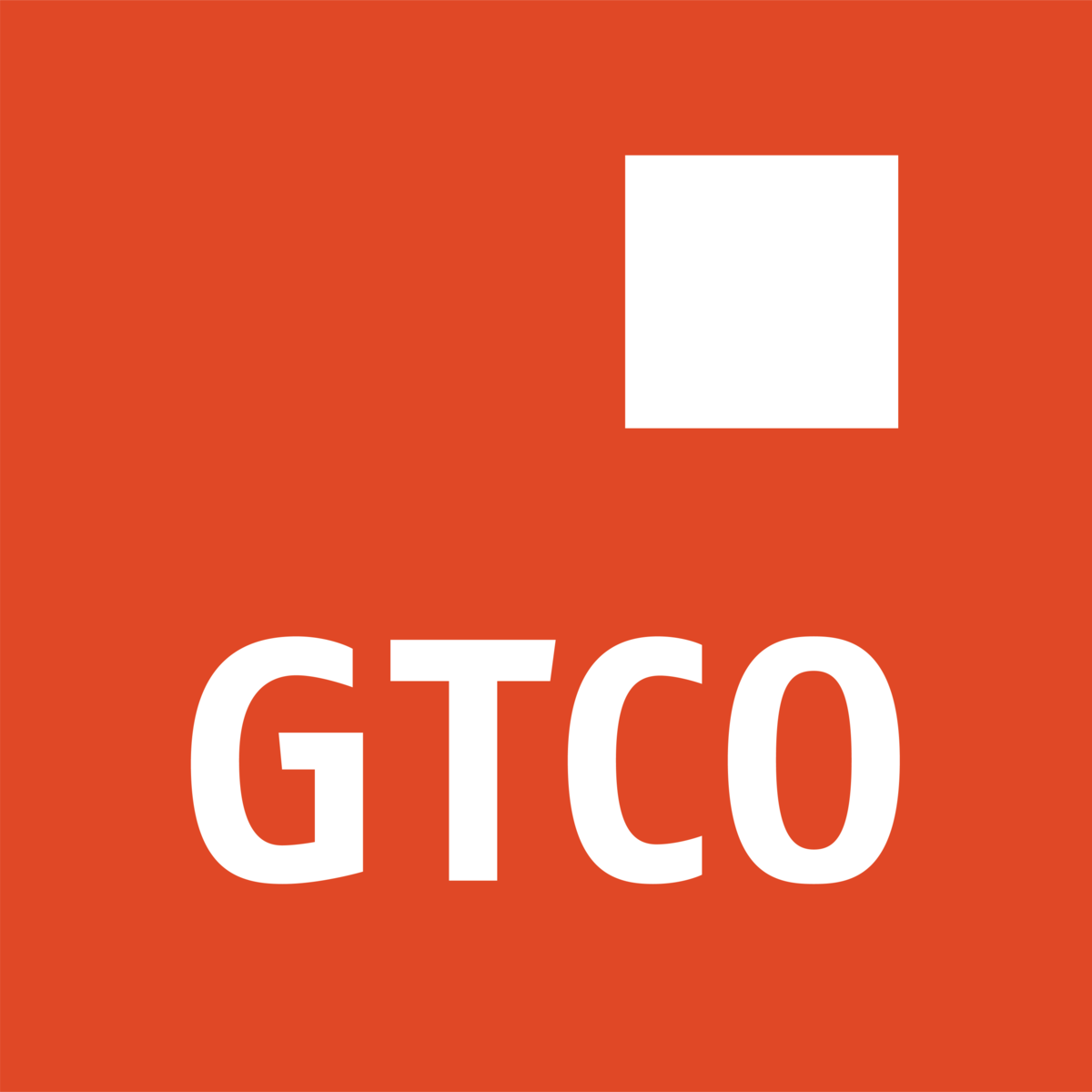
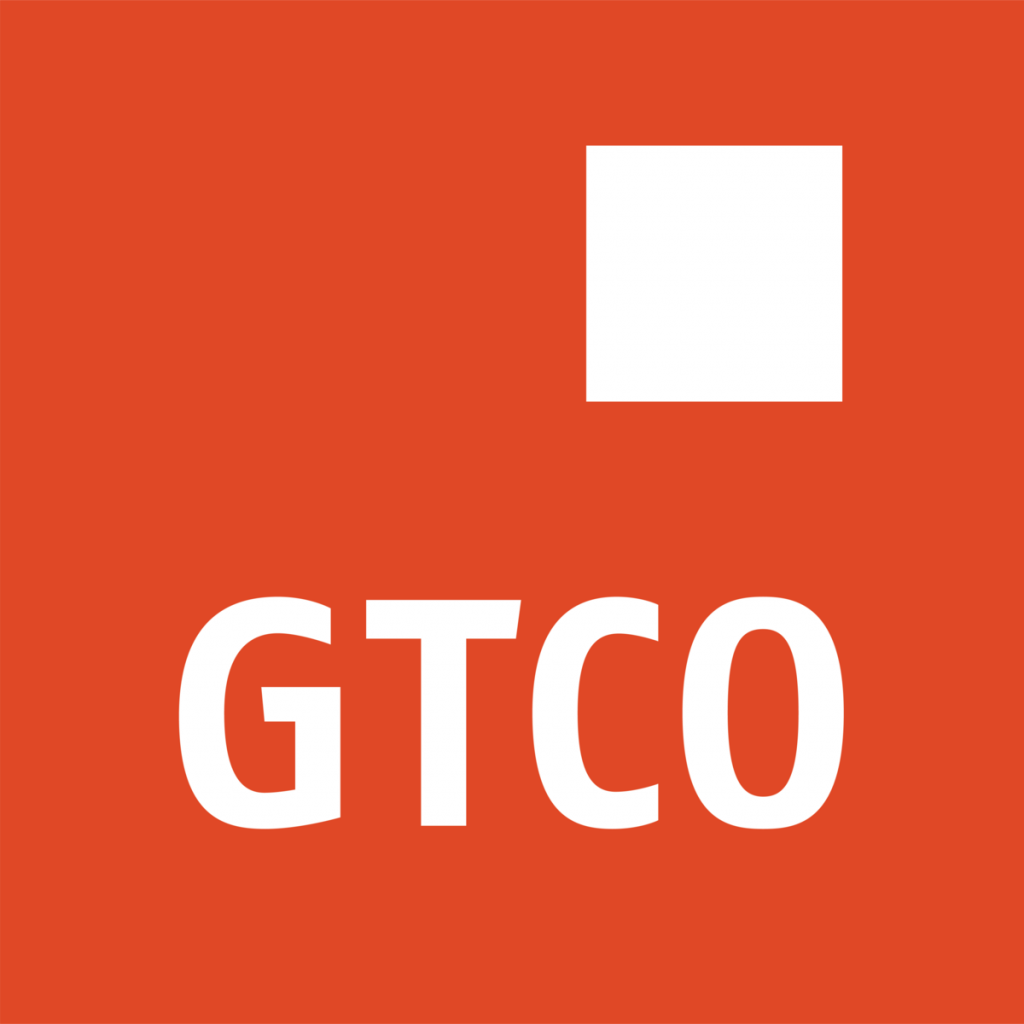
The Group posted profit before tax of ₦900.8billion on the back of strong performance on the core earnings lines of interest income and fee income which grew y-o-y by 25.6% and 16.8% respectively. The strong core-earning performance continued to narrow the y-o-y dip in PBT to 26%, thereby cushioning the impact of the ₦523.2bn fair value gains recognised in Q3-2024, which did not recur in Q3-2025.
The Group recorded growths across all its Asset lines and continues to maintain a well-structured, healthy liquid and diversified balance sheet in all the jurisdictions wherein it operates a Banking franchise, as well as across its Payments, Pension and Funds Management business verticals.
Group’s total assets and shareholders’ funds closed at ₦16.7trillion and ₦3.3trillion, respectively. Capital Adequacy Ratio (CAR) remained very robust and strong, closing at 36.5%, likewise asset quality improved as evidenced by IFRS 9 Stage 3 Loans which closed at 3.3% and 4.4% % at Bank and Group level in Q3-2025 (Bank 3.5%, Group 5.2% in December 2024). Cost of Risk (COR) also improved to 2.2% from 4.9% in December 2024. In specific terms, the Group’s loan book (net) grew by 16.5% from ₦2.79trillion as of December 2024 to ₦3.24trillion in September 2025. Similarly, deposit liabilities grew by 16.0% from ₦10.40trillion to ₦12.06trillion during the same period.
Commenting on the results, the Group Chief Executive Officer of Guaranty Trust Holding Company Plc, Mr. Segun Agbaje, said: “Our third quarter performance underscores the consistency and resilience of our business model, as well as the continued strength of our diversified financial services ecosystem. We are seeing steady, sustainable growth across our banking and non-banking businesses, supported by disciplined execution and a strong focus on operational efficiency. The improvements we have made to our digital and payments infrastructure are enhancing customer experience, deepening engagement, and driving greater integration across our ecosystem.”
He further stated: “Looking ahead, our focus remains on advancing our competitive edge through innovation, operational excellence, and a commitment to superior customer outcomes. With a clear growth trajectory and strong organizational alignment, we are well-positioned to sustain performance momentum and deliver another year of industry-leading results.”
Overall, the Group continues to post one of the best metrics in the Nigerian Financial Services Industry in terms of key financial ratios i.e., Pre-Tax Return on Equity (ROAE) of 39.5%, Pre-Tax Return on Assets (ROAA) of 7.6%, Capital Adequacy Ratio (CAR) of 36.5% and Cost to Income ratio of 28.8%.
Guaranty Trust Holding Company Plc is a leading financial services group with operations across Africa and the United Kingdom. Renowned for its strong corporate governance, innovative financial solutions, and customer-centric approach, GTCO Plc provides a wide range of banking and non-banking services including payments, funds management, and pension fund administration. The Group is committed to delivering long-term value to stakeholders while driving growth and development across its markets
brand
Access Holdings Reports 2.5 Trillion Gross Earnings in H1 2025
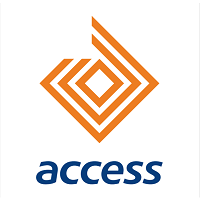
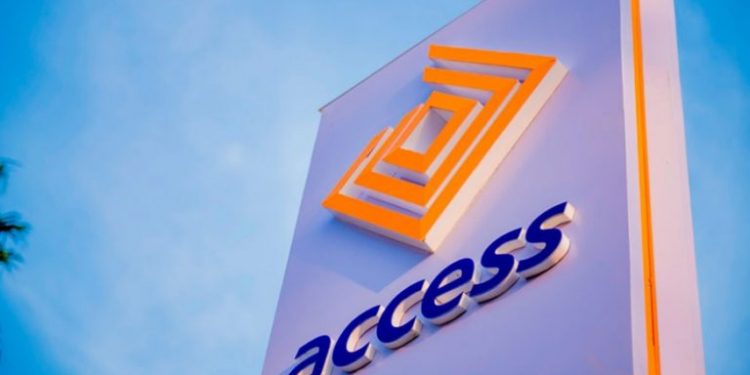
Access Holdings Plc (“the Group” or “the Company”) today announced its half-year audited financial results for the period ended June 30, 2025.The Group’s financial results for the half year ended June 30, 2025, reflect the resilience of our business model, the diversification of our revenue streams, and the steady progress to the execution of our five-year strategic plan. Gross earnings increased by 13.8% year-on-year to 2.5 trillion in H1 2025 from 2.2₦ ₦ trillion in H1 2024, driven by strong growth in interest income which increased by 38.9% year-on-year to 2.0 trillion from 1.5 billion in H1 2024. Net interest income also increased by 91.8% year-on-year to 984.6 billion in H1 2025 from 513.4 billion in H1 2024. Complementing this performance was a growth in net fees and commission income, which increased by 16.1% year-on-year to 237.7billion in H1 2025 from 204.7 billion in H1 2024. Profit before tax (PBT) and profit after tax (PAT) closed at 320.6 billion and 215.9 billion respectively underscoring the strength and resilience of our business model in the markets we operate in. Key balance sheet indicators remain strong with total assets, customer deposits, loans and advances, and shareholders’ equity closing at 42.4 trillion, 22.9 trillion, 13.2 trillion 3.8 trillion respectively. The Banking group demonstrated resilient performance in H1 2025. Interest income grew by 38.7% year-on-year to 2.0 trillion in H1 2025 from 1.5 trillion in H1 2024. Net interest income increased by 85%, from 536.7 billion in H1 2024 to 992.7 billion in H1 2025. Fee and commission income increased by 27% to 294.9 in H1 2025 from 232.5 billion in H1 2024 driven by increased transaction volumes. Profit before tax (PBT) and profit after tax (PAT) closed at 303.0 billion and 199.3 billion respectively. Banking group subsidiaries contributed 65% to the Banking group’s profit before tax (PBT) in H1 2025. This result highlights our journey towards sustainable performance and execution across our key African and international markets. The Group’s non-banking subsidiaries maintained a strong growth momentum. For Access – ARM Pensions, financial performance was robust, with revenue up 29.9% to 21.0 billion and profit before tax up 65.1% to 13.1 billion. The business delivered a₦ ₦
www.accessbankplc.com solid ROAE of 48.1%, a cost-to-income ratio of 35.1%, and a PBT margin of 62.5%, underscoring strong operational efficiency and profitability. Hydrogen Payments recorded a 40.5% growth in top-line revenue compared to H1 2024. Profit before tax (PBT) grew by 273% year-on-year. The total transaction value processed increased by 211%, reaching 41.1 trillion in H1 2025, up from 13.8 trillion in H1 2024. Access Insurance Brokers has sustained strong momentum, recording a 125% year-on-year increase in gross written premium, 146% growth in revenue, and a 161% improvement in profit before tax (PBT). Oxygen X, the Group’s digital lending arm, has sustained strong momentum since launch in Q3 2024, delivering 5.4 billion in revenue and 2.2 billion in profit before tax in H1 2025. Access Holdings’ businesses are well-positioned to deepen market penetration, expand product offerings, and leverage cross-sell opportunities across the Group to drive continued growth and profitability. The group’s focus remains on driving prudent growth and continued execution of its strategic priorities, scaling its digital and transaction-led income streams, increasing revenue diversification, embedding efficiency, innovation, and disciplined portfolio management across all areas of the business. It will also continue to uphold the highest standards of risk and governance discipline to ensure sustainable profitability.Access Holdings remains confident that it will continue to deliver sustainable value and returns to its shareholders. Its long-term objective is to build a stronger, more agile Group that consistently delivers superior returns, fosters innovation-driven growth, and optimises portfolio performance to create inclusive value across its markets while reaffirming investor confidence in the strength and future of Access Holdings. The Group appreciates the continued trust and support of its shareholders, customers, and employees. Together, the Group is building a stronger future.
-

 news5 years ago
news5 years agoUPDATE: #ENDSARS: CCTV footage of Lekki shootings intact – Says Sanwo – Olu
-

 lifestyle5 years ago
lifestyle5 years agoFormer Miss World: Mixed reactions trail Agbani Darego’s looks
-

 health5 years ago
health5 years agoChairman Agege LG, Ganiyu Egunjobi Receives Covid-19 Vaccines
-

 lifestyle4 years ago
lifestyle4 years agoObateru: Celebrating a Quintessential PR Man at 60
-

 health5 years ago
health5 years agoUPDATE : Nigeria Records 790 new cases of COVID-19
-

 health5 years ago
health5 years agoBREAKING: Nigeria confirms 663 new cases of COVID-19
-

 entertainment10 months ago
entertainment10 months agoAshny Set for Valentine Special and new Album ‘ Femme Fatale’
-

 news6 months ago
news6 months agoBREAKING: Tinubu swears in new NNPCL Board



